(TN&MT) - Continuing the program of the 9th Extraordinary Session, this morning, February 19, under the direction of Vice Chairman of the National Assembly Nguyen Khac Dinh, the National Assembly voted to pass the Law on Organization of Local Government (amended) with 458/459 National Assembly deputies present participating in the vote in favor, reaching a rate of 99.78% (equal to 95.82% of the total number of National Assembly deputies).
This continues to be one of the laws and resolutions passed by the National Assembly with a very high approval rate of the National Assembly deputies present at this 9th Extraordinary Session, demonstrating the high consensus of the National Assembly deputies on amending and supplementing the laws on organizational apparatus and related resolutions, directly serving the revolution of streamlining the apparatus of the political system as well as the policies of the Central Government to promote the breakthrough development of the country in the new era.
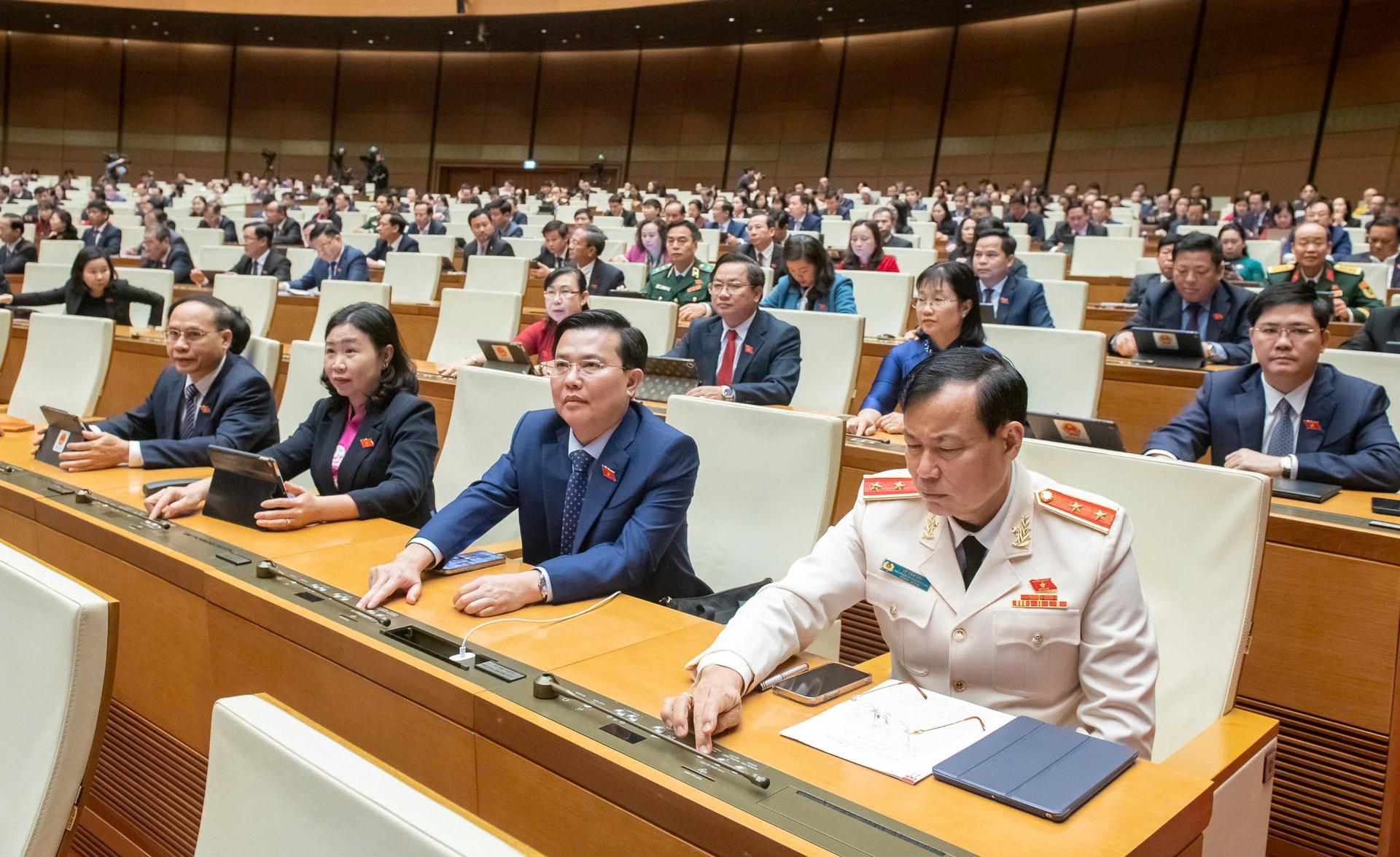
Organizing local government to be lean, efficient, effective and efficient
The Law on Organization of Local Government (amended) consists of 7 chapters and 50 articles; effective from March 1, 2025.
According to the law, administrative units of the Socialist Republic of Vietnam include: provinces and centrally run cities; districts, towns, provincial cities, and centrally run cities; communes, wards, and towns; and special administrative-economic units established by decision of the National Assembly.
Depending on geographical conditions, population, socio-economic development requirements, national defense and security, district-level administrative units on islands and archipelagos may not organize commune-level administrative units.
The tasks and powers of local governments at all levels are determined on the basis of the division of authority between central state agencies and local state agencies and of local governments at all levels in the form of decentralization and delegation.
The Law stipulates five principles for the organization and operation of local governments.
Specifically, first, comply with the Constitution and laws, manage society by law; implement the principle of democratic centralism. The People's Council operates under a collective regime and makes decisions by majority. The People's Committee at the local government level operates under a collective regime of the People's Committee combined with the responsibility of the Chairman of the People's Committee.
Second, the organization of local government is streamlined, efficient, effective, and efficient, meeting the requirements of professional, modern, and transparent local governance, ensuring accountability associated with a power control mechanism.
Third, ensure human rights and civil rights; promote the people's mastery, serve the people, and be subject to the people's inspection and supervision.
Fourth, ensure a unified, smooth and continuous administration.
Fifth, the work under the authority of local authorities must be decided by the locality, organized and implemented by the locality and self-responsible.
The Law also stipulates that the People's Council, consisting of People's Council delegates elected by local voters, is the local state power agency, representing the will, aspirations and mastery of the people, and is responsible to the local people and the higher-level state agency.
The People's Committee at the local government level is elected by the People's Council of the same level, is the executive body of the People's Council, the state administrative agency at the local level, and is responsible to the local people, the People's Council of the same level and the state administrative agency at the higher level.
The People's Committee in places where there is no local government organization is the local state administrative agency, responsible to the local people and the People's Committee at the next higher level.
The Government shall specify the number of members of People's Committees at all levels.
Presenting the Report on explanation, acceptance and revision of the draft Law, Member of the National Assembly Standing Committee, Chairman of the Committee on Law and Justice Hoang Thanh Tung stated that there were opinions suggesting the addition of an article explaining the terms decentralization, delegation of authority and authorization. Some opinions suggested reviewing and revising the provisions of the draft Law to ensure consistency with the Law on Organization of the Government (amended).
The National Assembly Standing Committee has accepted the above opinions and reviewed and revised the provisions in Articles 12, 13 and 14 of the draft Law to ensure consistency, suitability with the role and nature of each entity, and clarity on the conditions for ensuring and the mechanism for responsibility in implementing decentralization, delegation and authorization.
Regarding the concepts of decentralization, delegation, and authorization, the Law on Government Organization recently passed by the National Assembly has specific provisions, so we will not repeat them in this Law to avoid duplication.
Some opinions suggested reviewing, supplementing, and adjusting regulations on specific tasks and powers of the People's Council, the Standing Committee of the People's Council, the People's Committee, and the Chairman of the People's Committee at all levels to ensure that they meet practical requirements, are consistent and consistent with relevant regulations.
In response to the opinions of National Assembly deputies, the National Assembly Standing Committee has revised the regulations on the tasks and powers of People's Councils, People's Committees, and Chairmen of People's Committees at all levels to ensure a certain distinction in the scope of tasks and powers of local authorities at each level, creating a basis for continuing to specify the tasks and powers of People's Councils and People's Committees at all levels in each field of state management in specialized laws, ensuring the consistency of the legal system and the feasibility, stability, and longevity of the Law.
Some opinions suggested continuing to inherit the current Law's regulations on the number of People's Council delegates, the number of People's Council Vice Chairmen, and the number of People's Council Committees instead of assigning the National Assembly Standing Committee to specify. At the same time, amend the regulations on the organizational structure of People's Committees at all levels to ensure consistency and suitability to reality.
The National Assembly Standing Committee accepted the above opinions and added an additional article (Article 28) specifically regulating the number of People's Council deputies at all levels on the basis of inheriting the provisions of the current Law; at the same time, it added regulations on the number of Vice Chairmen of the People's Council and the number of Committees of the People's Council in the corresponding provisions of the draft Law to ensure convenience for the application of the law and the organization of the election of People's Council deputies at all levels for the 2026-2031 term.
Regarding the organizational structure of the People's Committee, the draft Law has been revised in the direction of assigning the Government to specify the number of members of the People's Committee at all levels to create initiative in adjusting the organizational structure of the People's Committee at all levels, in accordance with the policy of continuing to arrange and streamline the apparatus in each stage.
Source: https://baotainguyenmoitruong.vn/quoc-hoi-thong-qua-luat-to-chuc-chinh-quyen-dia-phuong-sua-doi-386767.html








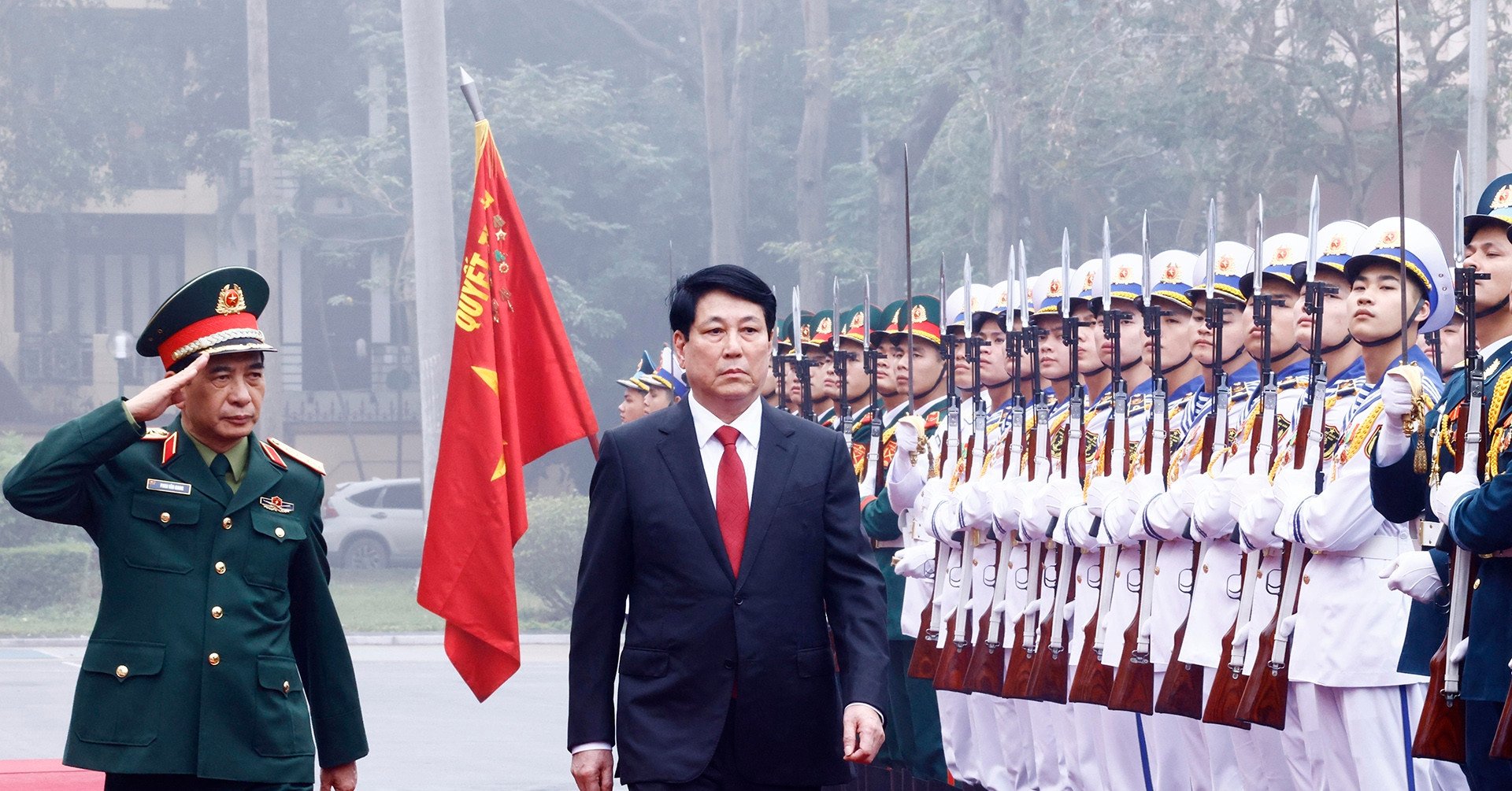

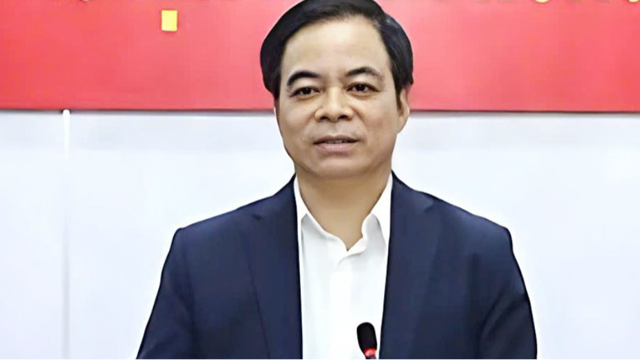



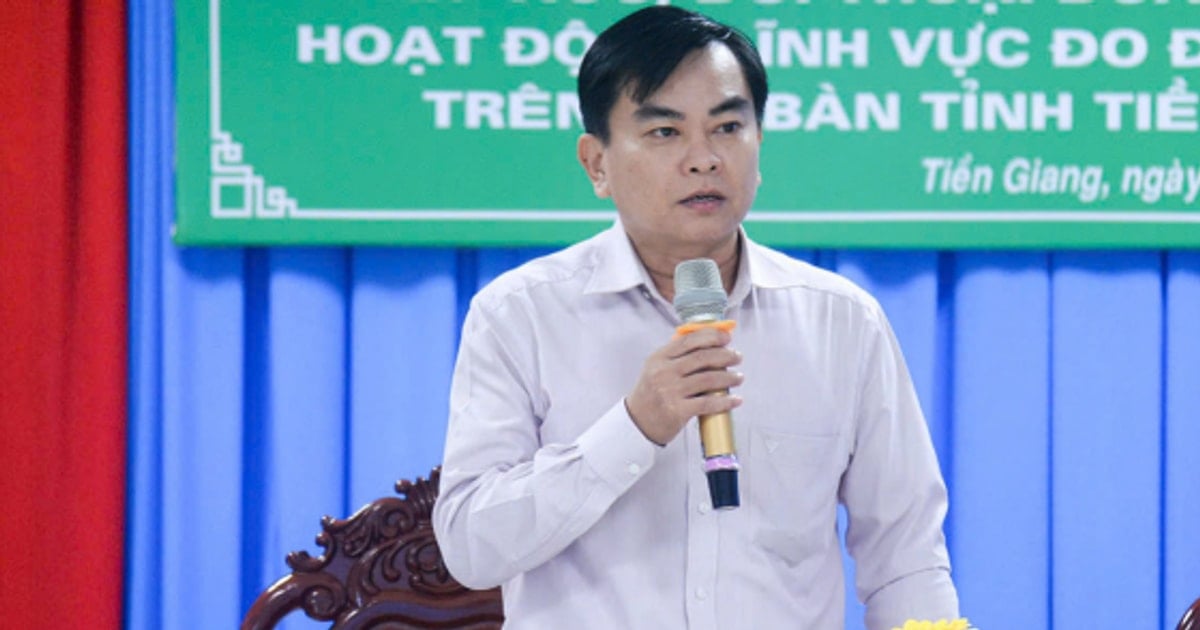
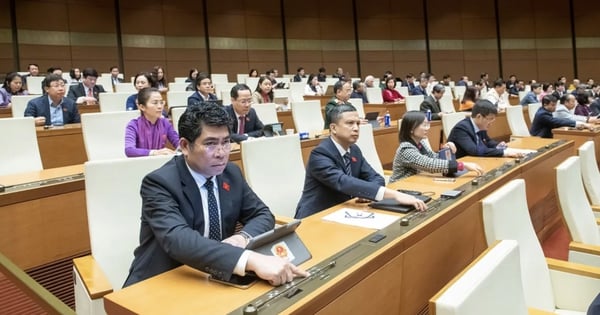


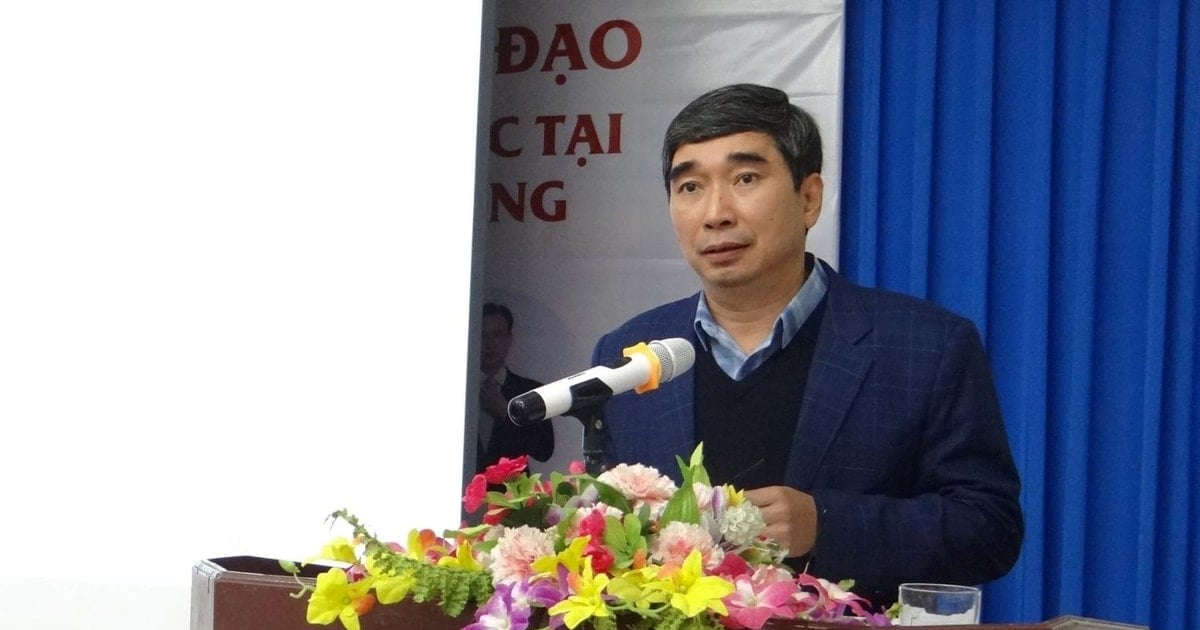
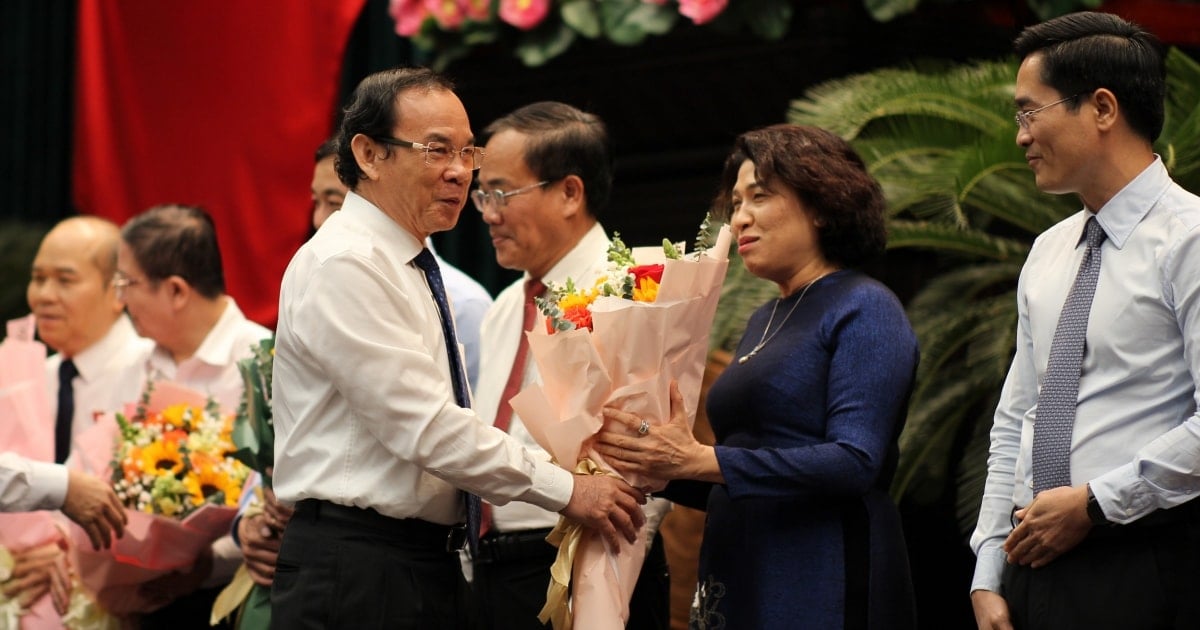
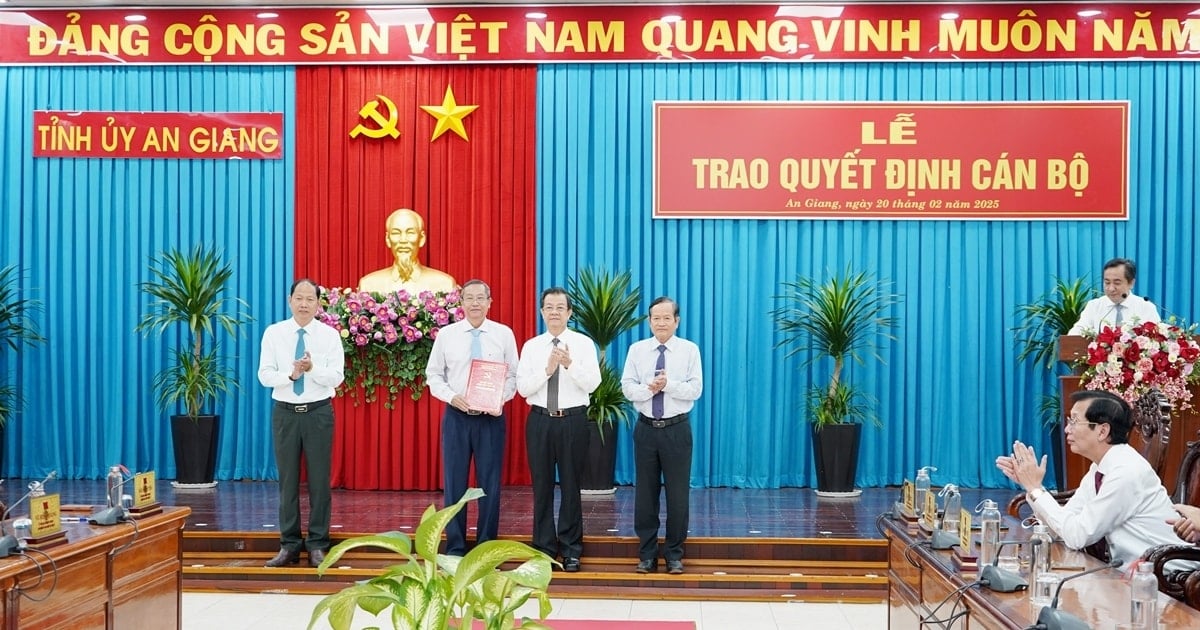
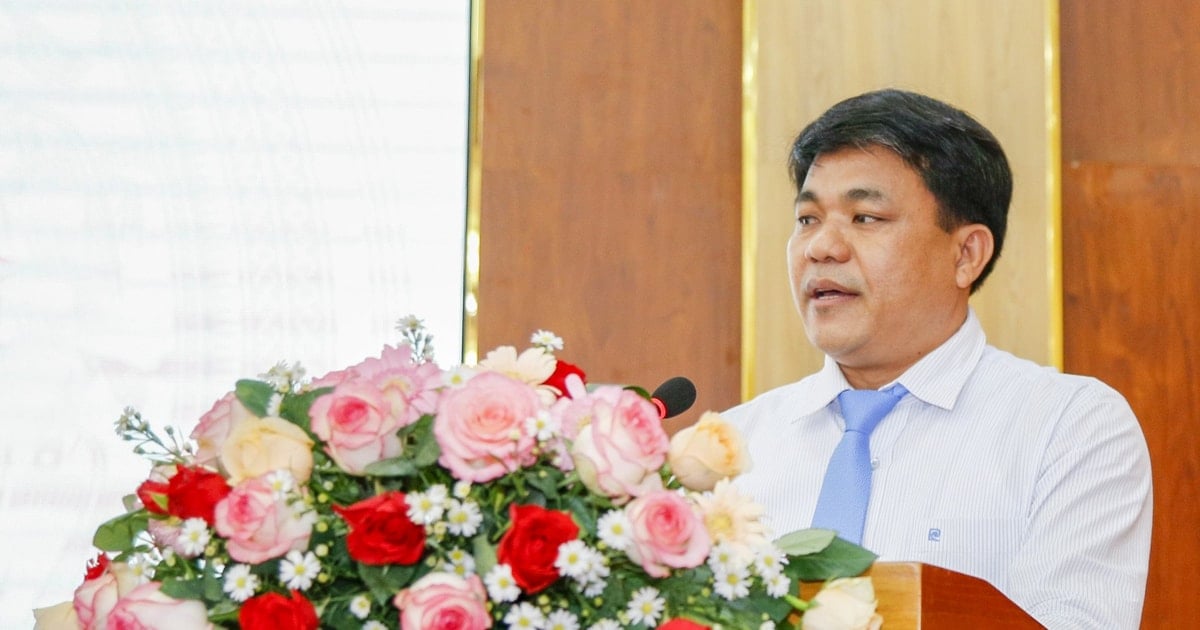
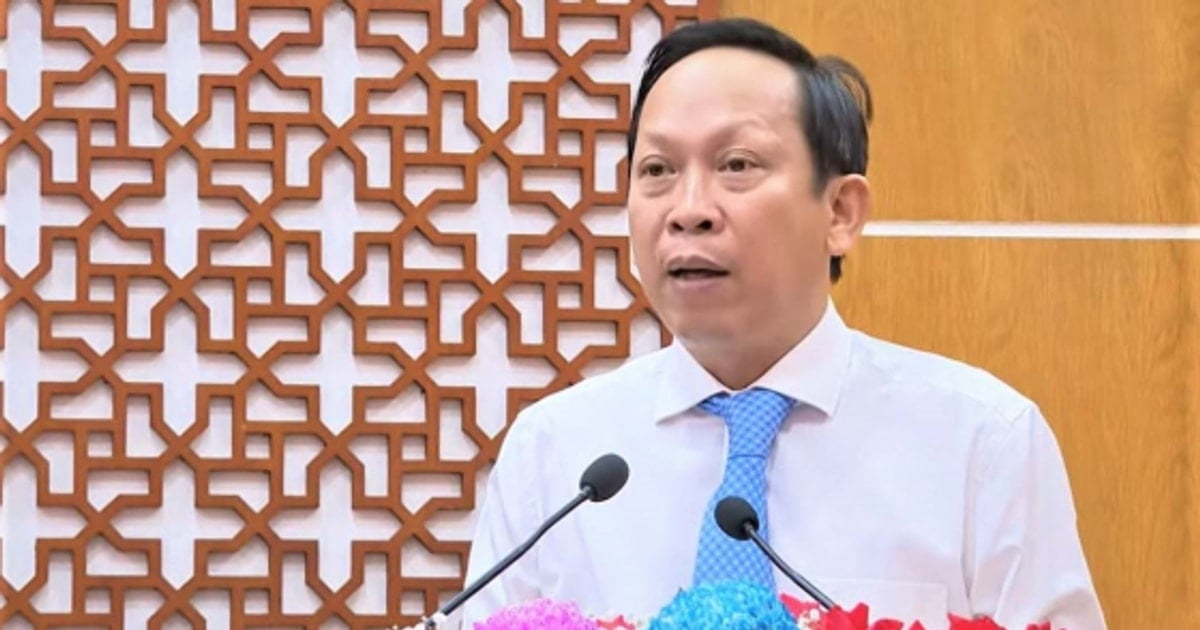
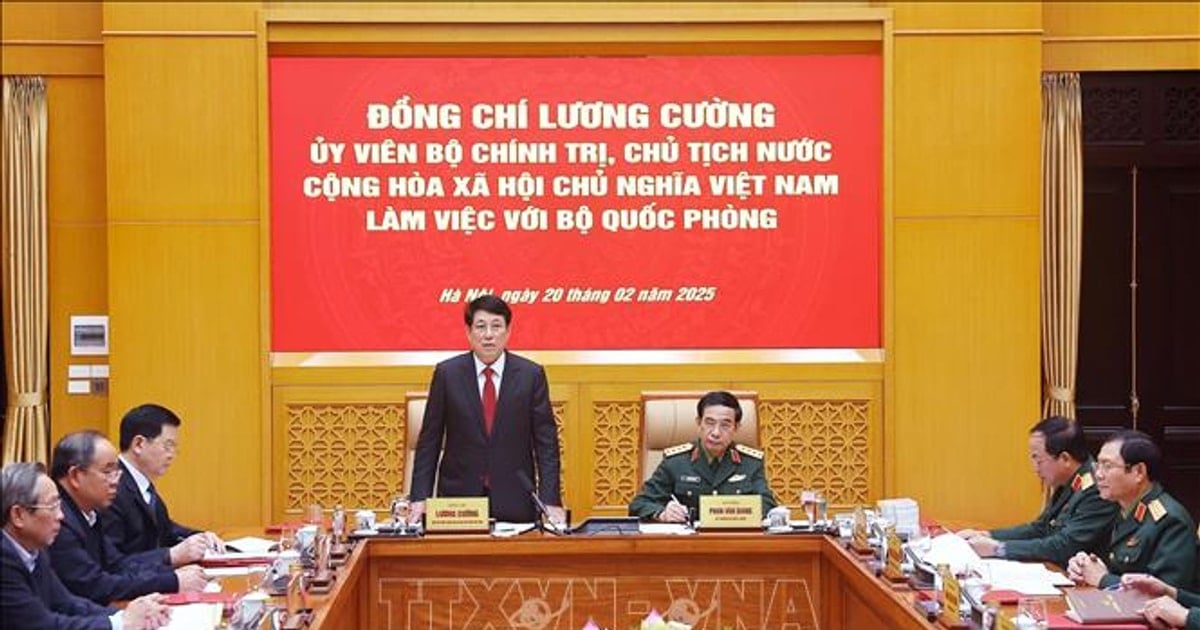












Comment (0)